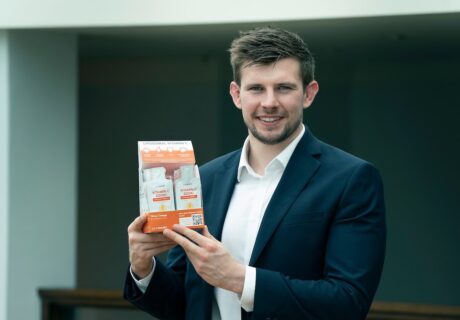You really don’t need to include a DEI (Diversity, Equity & Inclusivity) policy or start taking action if you don’t feel or see how this will benefit you and your business. This is my stance before I start working with companies who realize that they don’t have a DEI policy and feel like it’s time to get one.
While the important topic of inclusivity and diversity has been a hot topic for the last few months, it’s certainly not a new discussion. But if you’ve seen the Black Lives Matter protests and your eyes are now opened to the injustices faced by black people in the US and the UK and you want to do something but don’t know where to start, you may want to start with creating a DEI policy or a pledge, outlining exactly what you plan to do.
Deciding to create and implement a DEI policy is not a trendy thing to have or a tick box activity, it’s not something that you can rush through to bring yourself and your business up to speed; it could be the most challenging thing that you decide to do in your business and it can take a generation to see the results. Why? Because if done well, it will challenge your beliefs and the way you see the world.
It requires deep work and you’ll get no gold star or a pat on the back for your efforts – you may even annoy some of your closest friends, family, colleagues and suppliers who don’t understand why things need to change, but it will be rewarding.
Contributing to uplifting the consciousness of the planet, creating a ripple effect which allows us all to thrive should be the goal of all entrepreneurs in 2020 and beyond
Contributing to uplifting the consciousness of the planet, creating a ripple effect which allows us all to thrive should be the goal of all entrepreneurs in 2020 and beyond. The shift that’s happening is bigger than any individual person or brand, but every individual person and brand has a very important role to play.
Today, we decide which side of history we want to be on: the side who decided it didn’t have anything to do with me and it was someone else’s job to put right, or the side that showed up, did what they could, learned, made mistakes but did something to dismantle the centuries of systematic racism.
The fact is, the conscious consumer is asking more questions than ever about the ethics of companies and products. It’s no longer enough to think that having fair trade, eco-friendly, organic or sustainable products is doing your part – it may have looked like that worked before but it was the tip of the iceberg and we all need you to go deeper.
Dismantling racism means using your voice to speak up when you see something isn’t right. It means following your instincts and being proactive.
Customers want to know more about what you stand for. It’s not enough to say you are fighting for equality; it’s time to take action
Whatever role you play in the health, wellness and beauty industry, developing your awareness of the intellectual, physical (labour) and economic contribution of the black community and how disproportionately wealth has been and is being distributed is a good place to start developing an understanding of why this conversation is essential and why action is required now.
This is the time to make your pledge to take action and to not just write about how you’re standing in solidarity.
It also looks like ensuring that black voices are heard and seen, that black customers and suppliers are welcomed and catered to.
If you stayed mute during the Black Lives Matter protests and you think no-one noticed, your actions or lack of actions are loud and clear. Your words but lack of follow through are echoing around your communities.
Customers want to know more about what you stand for. It’s not enough to say you are fighting for equality; it’s time to take action.
As I mentioned before, you really don’t need a DEI Policy, pledge or action plan especially if you don’t see why this work is essential, but it’s a very good idea to reflect, have the conversations and to start making changes.
What will your pledge to the black community look like?





